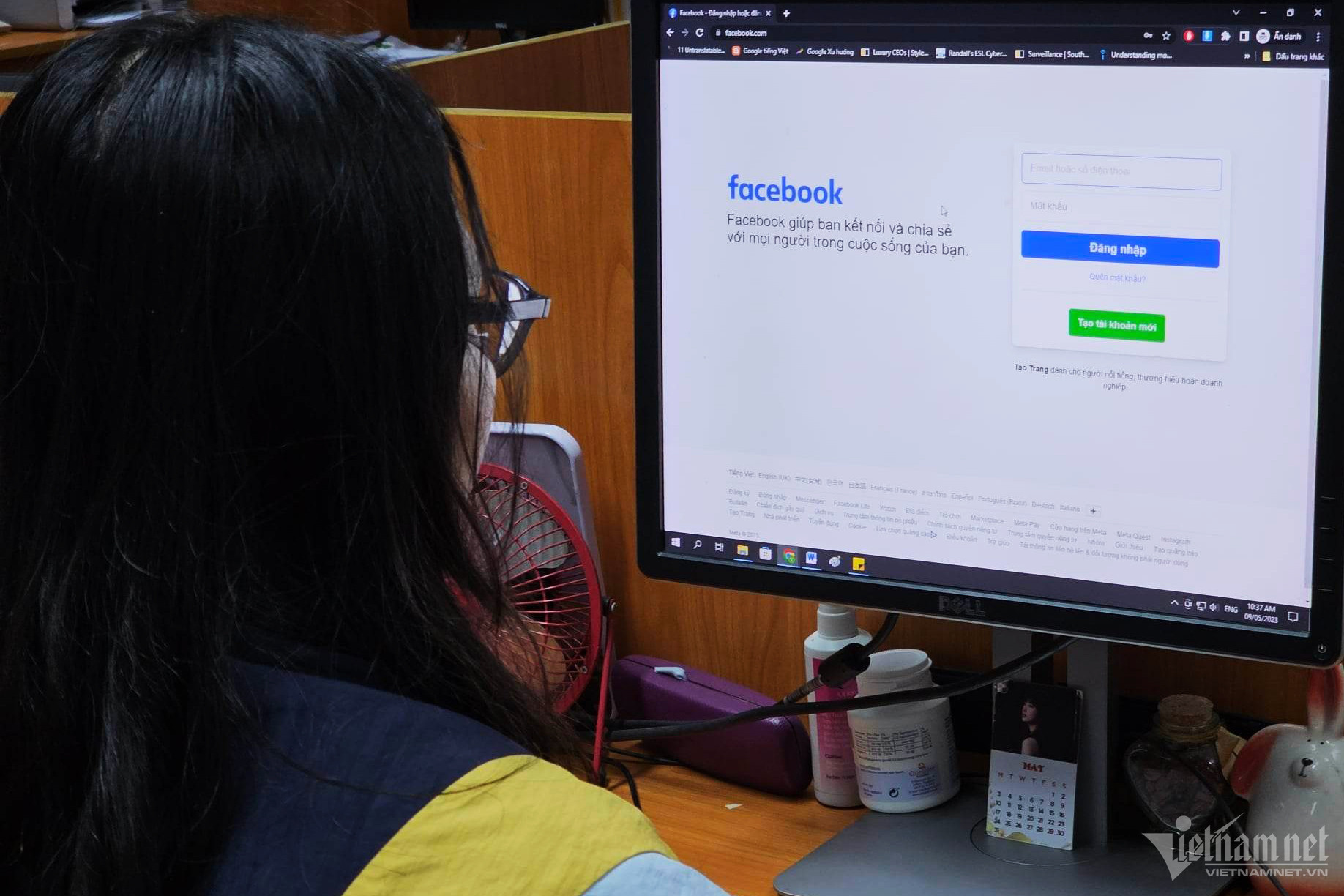
The Vietnam Chamber of Commerce and Industry (VCCI) on April 25 released the 2023 Business Law Flow Report.
In general, countries want to create favorable conditions and offer preferential provisions to domestic businesses to give them an advantage over foreign companies to protect domestic production.
However, according to VCCI, reverse protection or protecting foreign companies instead of domestic ones is occurring in Vietnam, especially in the digital economy.
VCCI, for example, has found unfairness in the treatment of foreign and domestic subjects that provide internet services when comparing regulations applied to subjects in the draft decree to replace Decree 72/2013 on managing, using and providing internet services.
The former seems to have less strict obligations and fewer duties than the latter.
VCCI pointed out that there are differences in administrative procedures that domestic and foreign social networks have to observe. Cross-border platforms are required to make notifications if the number of monthly visits from Vietnam reaches 100,000 or higher.
Meanwhile, Vietnamese platforms have to observe licensing procedures if the number of monthly visits is between 10,000 and less than 100,000. As for domestic social networks with over 100,000 visits a month or higher, their licenses have validity of 10 years. Domestic companies have to ask for extension once their licenses expire.
Vietnamese businesses are considered large when having visits from 10,000 a month, or just 1/10 of the large level applied to cross-border platforms. This is because only a few Vietnamese companies have 10,000 visits or higher a month.
VCCI believes that most Vietnamese companies have small scale of operation and will in no way affect public interest, so there is no need to apply strict measures such as licensing.
Vietnamese companies will be punished immediately, while foreign platforms only receive requests from state management agencies to remove content in violation and they are not fined.
Nguyen Minh Duc from VCCI’s Legal Department, said there are duties which only domestic platforms have to follow. They have to collect more information about users, while foreign platforms don’t have to collect information about users’ ID cards.
He said that Vietnam’s social networks cannot compete equally with foreign ones in such a legal environment.
Trong Dat